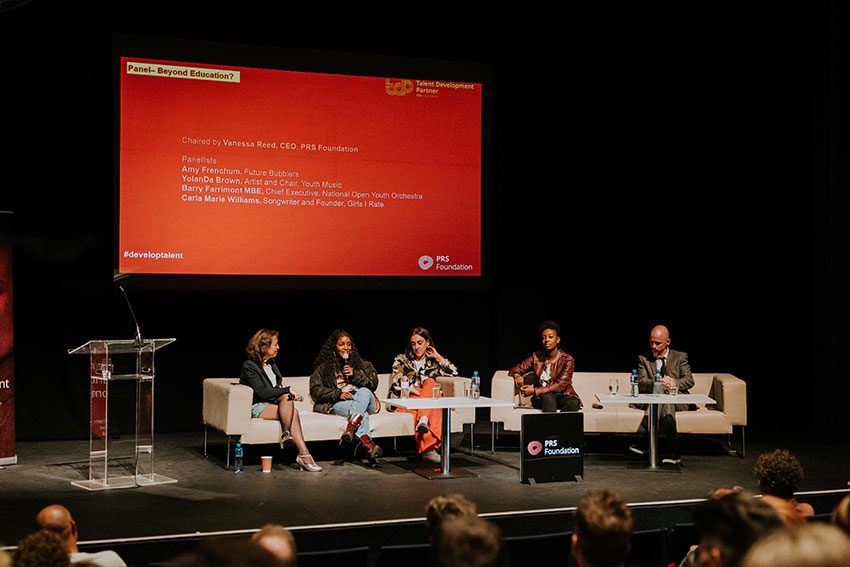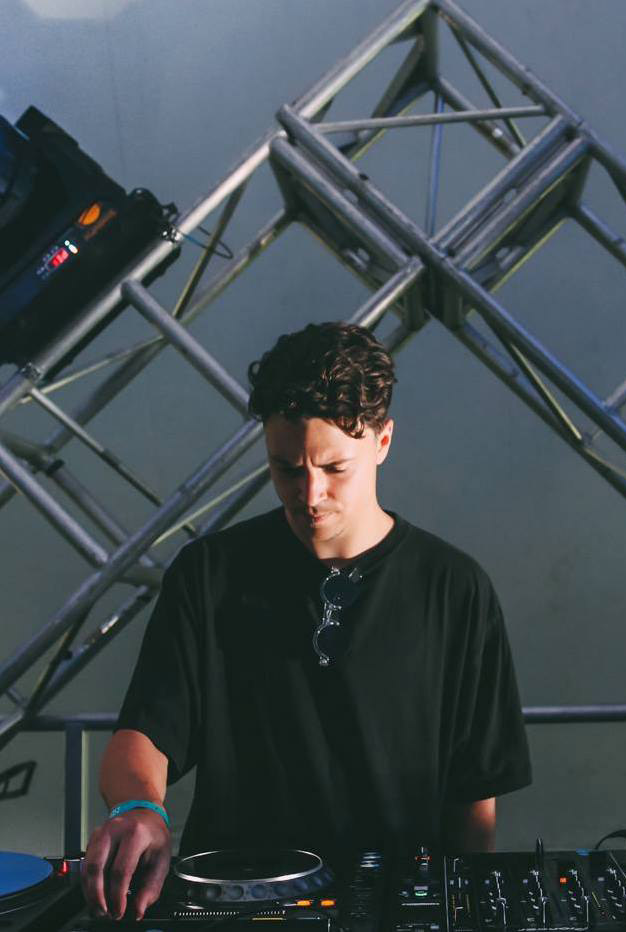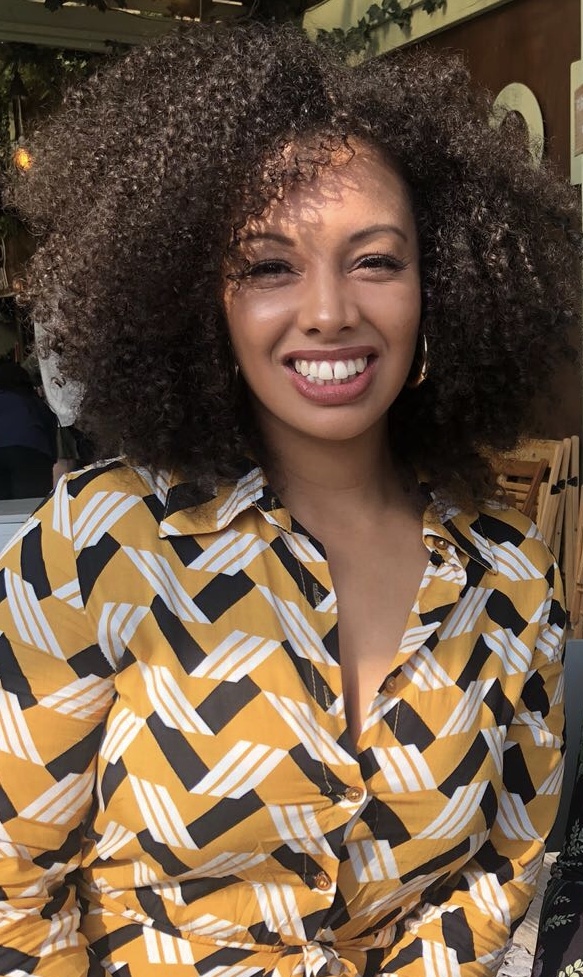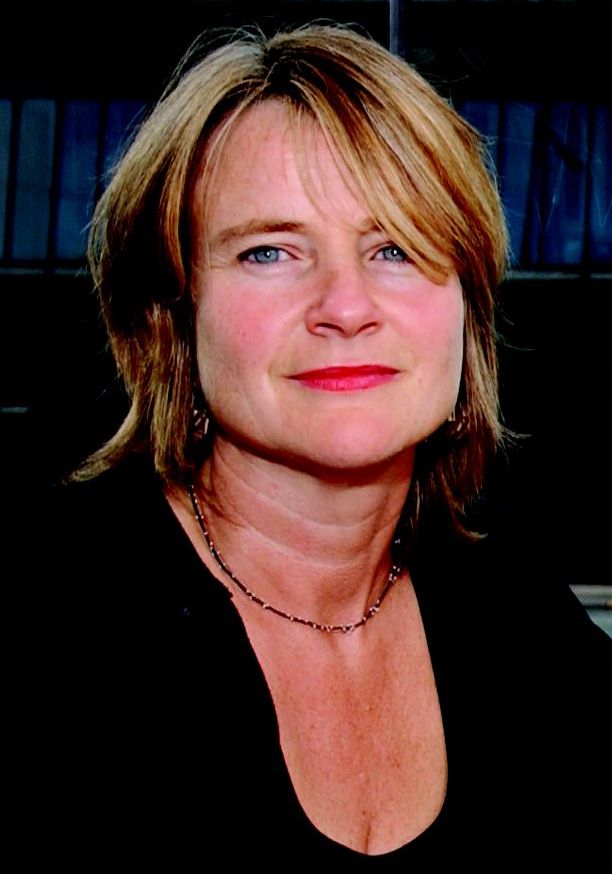Beyond Education – Working towards a fully representative industry
Supporting the future of music in the UK involves ensuring that a diversity of early career artists are represented and valued across the music landscape. In this respect how do we connect to the talent that we don’t know about and actively contribute to a fully representative industry?
For me the ‘relatability factor’ that Carla Marie Williams named and many panellists referred to is key. We need to be flexible and fleet of foot, we need to go to those platforms where the next generations of artists are, and we need to be responsive, informed and continuously evolve the way we work.
The 21st Century early career artist doesn’t have a career path clearly marked in front of them – the lack of value the education system places on music and the weak connection between education and the industry creates a distinct scarcity of clear progression routes and artists are left to develop their own, often without a diversity of role models that they can identify with.
Early career artists are having to balance developing their authentic creative self with being industry savvy. The pressure is there to be self-driven, switched on and unique, knowing your vision and staying true to it – taking control so that it doesn’t control you – were sound bites that resonated throughout the conference.
As artists, who are unable to rely on the traditional gate keepers, take on the DIY approach, there is a clear need for access to extensive networks, business support, mentors alongside the imperative of financial resilience through portfolio careers and the painting of a broader picture of the music landscape that redefines what success means.
To work towards a fully representative industry we need to empower the creative communities existing around artists across the country that often embrace distinct industry roles as well as reaching out to different local scenes outside the capital cities – across regional and rural areas. Safe spaces for girls are key as is society’s responsibility to remove barriers to disabled musicians.
There is no ‘maybe’ then about the relatability factor. It is the way it has to be – or else as a network we cease to be credible, relevant and valuable to the early career artists that we are seeking to support.

Reflections from our Theme Experts and Vanessa Reed



Alongside Vanessa’s reflections are blog posts from our three Theme Experts who followed the conversations and debates during the conference and reported back at the end of the day…
- Music Cities – written by Sound Diplomacy’s Rollo Maschietto
- Bridging the Gap – written by Urban Development’s Zakiya Bale,
- Investing in the Future – Reflections from PRS Foundation’s CEO, Vanessa Reed

